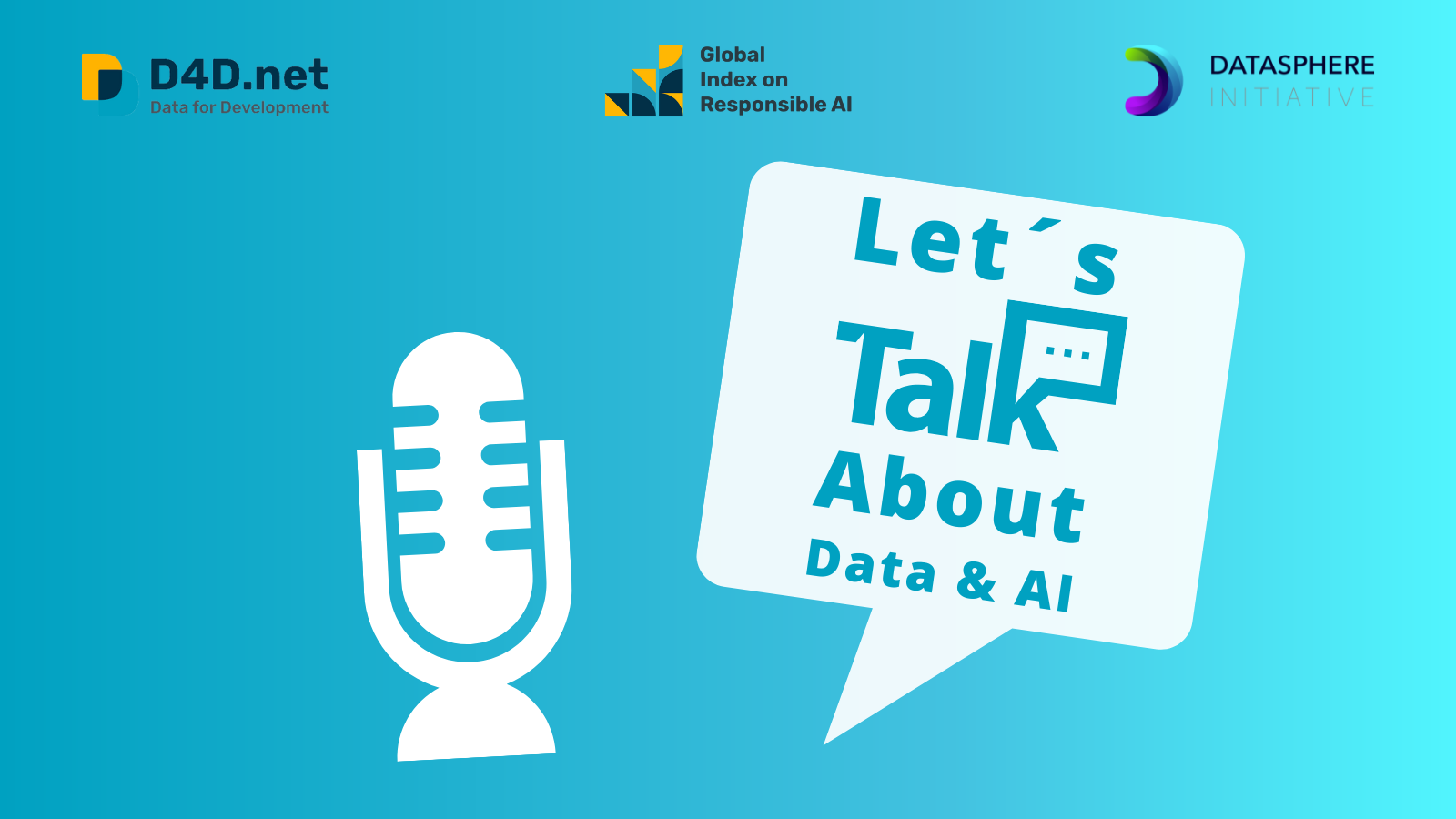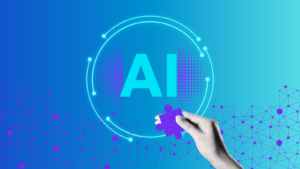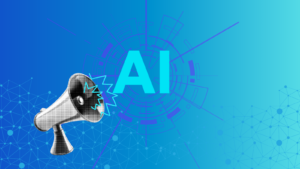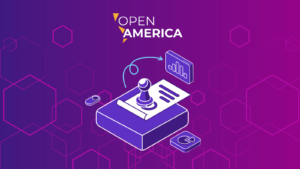A comprehensive data governance strategy – and a clear understanding of the complex system of the datasphere and its elements (e.g., actors, norms, and data) – is critical for the effective use of data for development and to ensure present and future technologies generate benefits and well-being for all.
Artificial Intelligence (AI), and other emerging technologies, powered by data, raise complex data governance questions, underscoring the need for transparency, accountability, and inclusive design. This is difficult when data-related decisions and their impacts may not be fully understood by governments or practitioners leading to adverse effects on desired development outcomes.
To identify and address the data governance challenges that arise within AI, the Data for Development Network (D4D.net), the Global Index on Responsible AI, and the Datasphere Initiative are embarking on a year-long dialogue and consultation via a webinar series to unpack regional experiences and shine a light on the trends, challenges, and opportunities coming out of the Global South, strengthening exchanges between the Global South and the Global North.
“The rapid datafication of everyday life requires societies to quickly develop the capacity, frameworks, and strategies to govern data to ensure equal access to benefits while avoiding potential risks. We need to start unpacking what this means for AI and how we can share regional learnings and capacity” said Lorrayne Porciuncula, Executive Director, Datasphere Initiative.
Many initiatives have underscored the need to address how data is managed across sectors and geographies in the context of new technologies. The 2022 Global Data Barometer has pointed to how different countries’ understanding and preparation for effective data governance varies tremendously, while the World Development Report places a significant focus on the need for a new social contract around the use of data. At the same time, the United Nations Commission on Trade and Development advocates for rights-respecting frameworks that put emphasis on flows. This has been echoed by several civil society organizations, such as the Open Data Institute and the International Data Responsibility Group, which have advocated for treating all data as a public good, promoting a ‘leaving no one behind’ development approach.
The webinar series will bring together actors from governments, the private sector, civil society, the technical community, and academia to advance thinking and discourse on the need for effective and holistic data governance to ensure the responsible development of AI and the use of data for the public good.
“As the development and use of AI systems expand around the world, there is a critical need to understand both progress to date and the challenges facing the responsible governance of these technologies globally. The D4D Network is developing the Global Index on Responsible AI (Global Index) to address these needs” said Stephen Walker, Director, D4D Global Research Hub.




